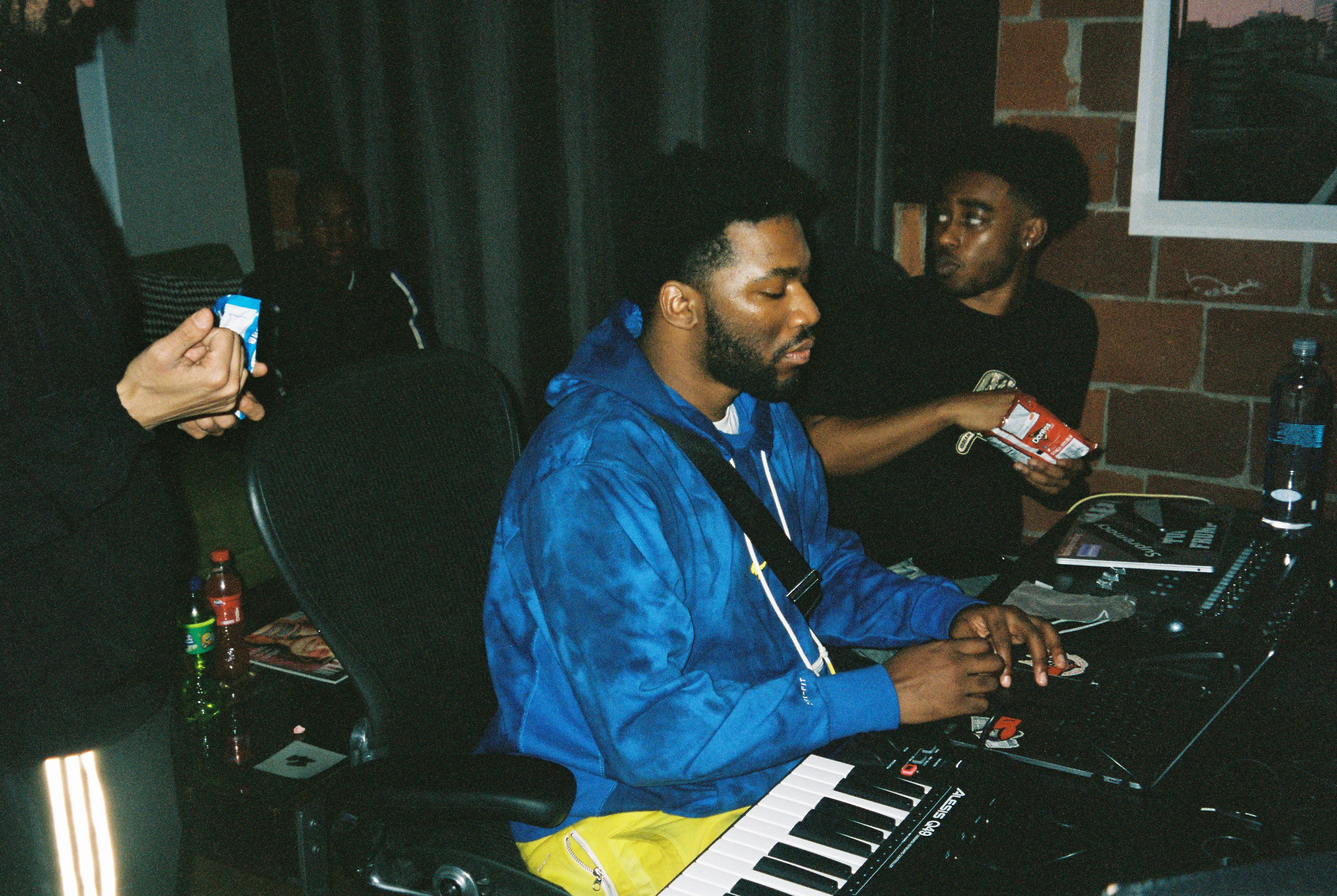What are copyright and master rights?
Ensure you're not missing out on any important revenue streams by taking the time to learn with our Winamp for Creators Blog. In this blog post, we'll go over the basics of music rights, copyright, master rights, and the differences in Europe and the US.
Ready? Let’s go.
What are music rights?
First, we'll explore the fundamentals of music rights.
Songs have various rights attached to them, including copyright and master rights. These rights allow the individuals involved in the music-making process to monetize their work.
Anytime the work is 'used'-- i.e. played, performed, sampled, or licensed-- the contributing individuals earn a percentage of revenue. These contributing individuals can include songwriters, producers, composers, music publishers, performers, beatmakers, etc.
Different music rights belong to different artist roles. For example, compensation for individuals composing the track is different than those who are performing the track. Read more about splitting royalty earnings based on artist roles here.
What is copyright?
Copyright, also known as Author Rights or Publishing Rights, are the rights of authors, composers, songwriters, and music publishers. If you write music for other creators, copyright is your main source of revenue. If you write, produce, and perform your own music, copyright is just one of the revenue streams you can tap into.
Within copyright, there are two types of royalties:
Performance Royalties
Mechanical Royalties
Artists earn performance royalties when a song is played publicly. For example, a restaurant will have to buy a license to play songs in their establishment. This charge includes a performance royalty to use the song.
Mechanical royalties apply when reproducing songs on physical goods, such as CDs or records. When an artist signs with a record label, the label will pay these royalties to produce merchandise.
What about music rights on streaming platforms?
In the streaming era, a user choosing to play a specific track generates mechanical royalties. Each time a track is played generates performance royalties. The key difference here is in the wording between 'choosing' and 'playing'.
For example, on interactive streaming services such as Spotify, users can choose to play a certain track. When the user selects to play, the artist(s) earn a mechanical royalty. On non-interactive streaming services such as Pandora, song 'plays' only produce performance royalties. This is because users are not actively choosing the tracks they are listening to.
Who collects copyright royalties?
In Europe
In Europe, the system for who can collect copyright revenues is straightforward, since there are two main options:
Independent Management Entities (IMEs) such as Bridger
Collective Management Organizations (CMOs) like SACEM in France
Registering with one of these entities streamlines copyright royalty collection across various platforms, including TV, radio, live performances, and online streaming. These entities typically charge a membership fee and/or take a commission of your earnings. These commission rates change based on where you broadcast your musical composition. For example, streaming revenues could take 10% and TV channels could take 25%.
For the IME, Bridger, collecting your earned copyright is completely free. They only take a commission once you start earning money.
In The United States
In the United States, the copyright collection system varies a bit. There exists:
Performance Rights Organizations (PROs) such as ASCAP
Rights Administration Entities (RAEs) or Mechanical Rights Organizations (MROs) such as Music Reports
As the names suggest, PROs handle performance royalties and RAEs and MROs handle mechanical royalties. American artists seeking comprehensive copyright management generally affiliate with both a PRO and an RAE or MRO. In contrast, Europeans use only one organization for both rights, simplifying the process.
What are master rights?
Master rights involve the recording of a musical composition. They include two key players:
Performers: anyone that sings or plays an instrument on a track
Producers: anyone taking part in the production process of a given track.
This means that if you perform or produce a record, you should receive the master royalties tied to the song.
Like copyright, master rights are collected through two main channels:
Historical (TV, radio, public places)
Streaming platforms (Spotify, YouTube)
Who collects master royalties?
Each country uses its CMOs to gather and redistribute master rights of historical channels. If a French radio plays your music, for example, one of France's CMOs, such as ADAMI or SPPF, can collect these master royalties. You must register with the CMO to access these royalties.
Today, artists typically reach their audience via streaming platforms, commonly known as DSPs (Digital Service Providers). To make your music available on streaming platforms, you can register with a digital distributor. You can also rely on your label to distribute your music.
Digital distributors collect and pay royalties allotted to performers and producers, though typically they charge a commission or fee. A digital distributor, such as Winamp for Creators, will collect master royalties for artists completely for free.
Little Summary
It’s crucial to understand music rights to maximize your earnings as an artist. Knowing which rights you are entitled to (and knowing how to collect them) is the first step towards monetizing your work.
Remember:
Always research the service providers you choose to work with—it's important that you feel aligned with the amount of fees and commissions taken.
Collected royalties vary if you’re in Europe or the US, inform yourself on the differences.
Looking for free copyright collection? Our partner Bridger can collect your copyright royalties today.
Looking for digital distribution? Our Winamp for Creators services can distribute your music free of charge.
Are you curious to learn more about collecting music royalties, artist contract types, digital distribution platforms, or earning money as an artist? Check out the rest of our Winamp for Creator blog posts here.
Music Rights
5 minutes
31 May 2024




